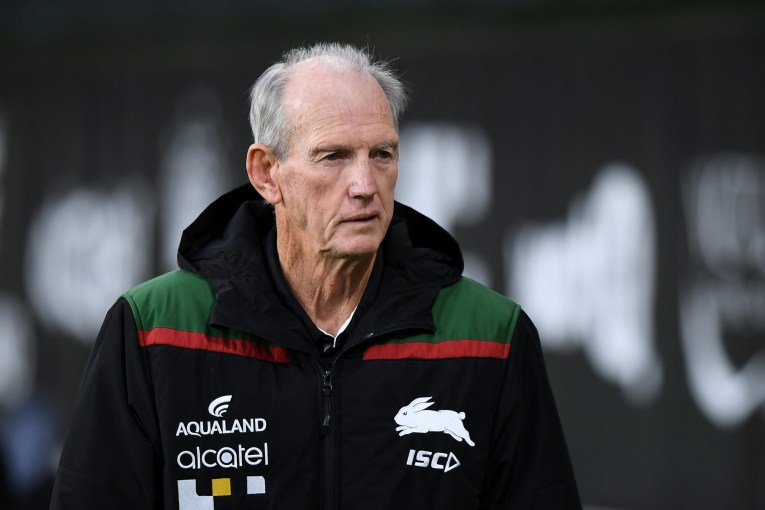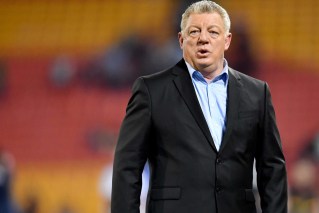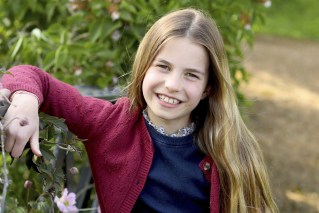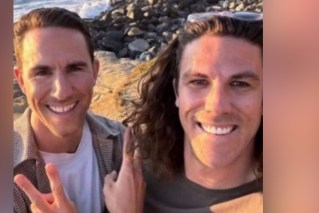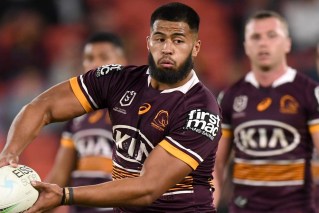Nation starts to open up as borders ease, Qld to take more from overseas
Borders are being reopened, and Queensland will ease restrictions in the southeast corner, as Australia takes stock after 235 days of coronavirus.
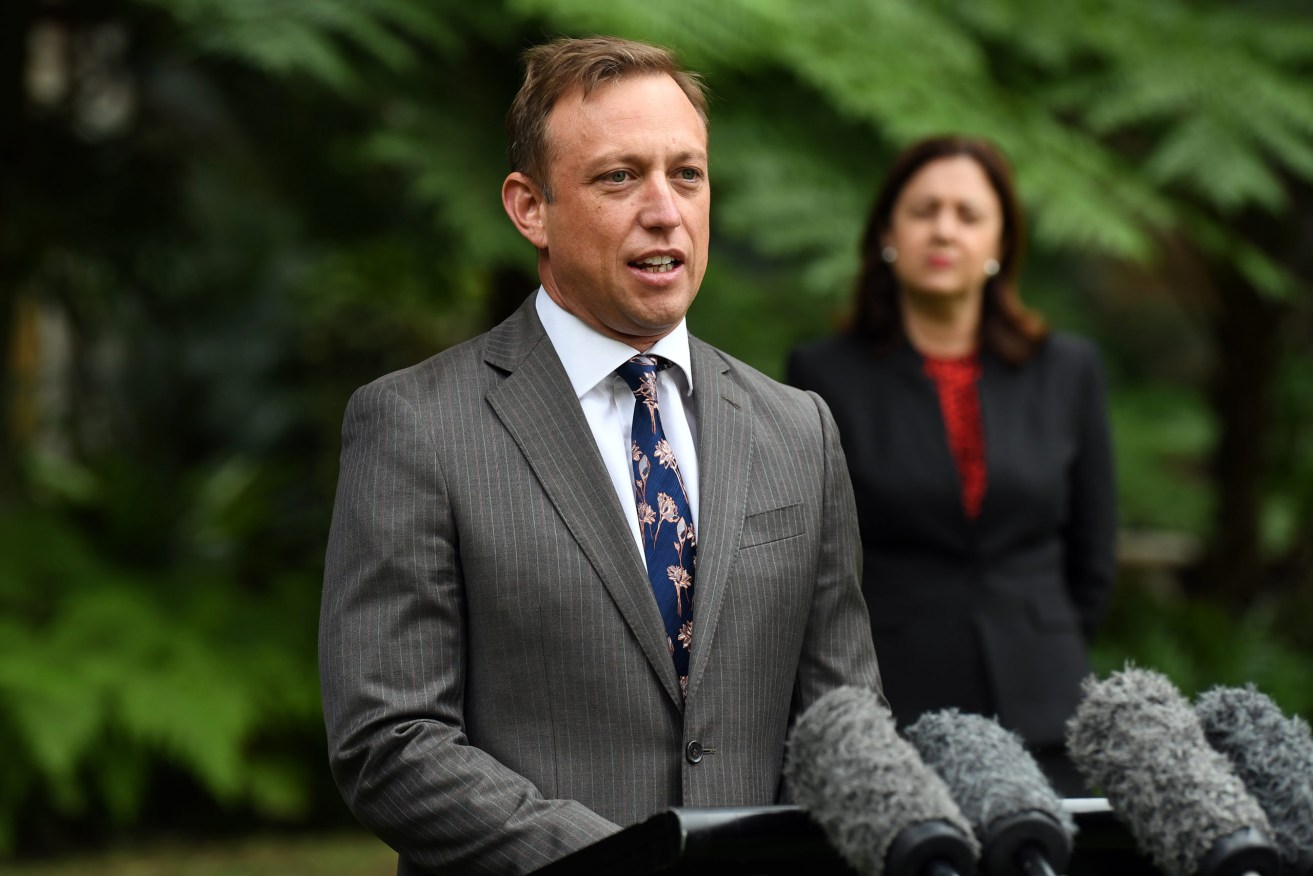
Deputy Premier Steven Miles says the latest Covid outbreak may not peak for weeks. (Photo: AAP Image/Dan Peled)
Queensland recorded no new cases of COVID-19 overnight and has gone four days without any new infections linked to the recent youth detention, corrective services training and Ipswich Hospital clusters.
Deputy Premier and Health Minister Steven Miles said the improved COVID-19 situation would allow authorities to ease restrictions on the Gold Coast and Darling Downs. Hospitals, aged care and disability services facilities will allow visitors, and gatherings of up to 30 people will again be permitted.
Genome sequencing has shown the clusters, believed to have been sparked by three women taking an ill-fated trip to Melbourne, were all closely linked.
“We are getting on top of those clusters particularly on the south-side of Brisbane and the Ipswich area,” Miles said.
Australia’s worst-hit state, Victoria, is starting to meet its targets of fewer infections. While there were still 42 new cases recorded overnight, and eight more deaths, restrictions will start to be eased in regional Victoria from midnight and Melbourne is also closer to emerging from lockdown.
Victorian Premier Daniel Andrews said the number of active cases in the state had fallen below 1000, which should be “a point of pride for every single Victorian”.
With South Australia opening its border to people from the ACT yesterday, Miles said Queensland’s policy would be reviewed over the coming weeks. Queensland has all-but banned travel from the ACT, even though the capital has not had a COVID-19 case for 65 days. People are allowed to travel from SA to Queensland.
Miles cautioned that the ACT was “complicated because of the fact that it is surrounded by NSW” but Premier Annastacia Palaszczuk suggested the solution may come with better identification for travellers.
“We had concerns about lack of ID and we will look at that very closely to see what provisions can be put in place for the ACT around the end of the month,” Palaszczuk said.
People from Victoria, NSW and the ACT are considered to have been in COVID-19 hotspots, and almost always blocked from entering Queensland. Even Queenslanders returning from those areas have to quarantine in a hotel for 14 days.
NSW has recorded 10 new cases of COVID-19: six in travellers already in hotel quarantine and four locally acquired and linked to a known case or cluster. Premier Gladys Berejiklian said the state was “holding the line well”.
While there has been speculation Queensland might relax its requirement there be no community transmission in an area for 28 days for the hotspot label to be lifted, Chief Health Officer Jeannette Young yesterday pointed out that NSW still had 14 cases of unexplained origin over the past four weeks. Young also warned that, globally, there were record cases and multiple waves hitting some countries.
NSW has restrictions on its border with Victoria but is looking to make it easier for border communities, similar to the ‘border bubble’ arrangement along its northern border with Queensland.
Having endured criticism from state and federal conservatives over Queensland’s borders, Palaszczuk said she was horrified that some Australians were still stranded overseas.
Palaszczuk joined the calls for commonwealth aircraft to be sent on mercy missions and said Queensland had offered to accommodate more returning Australians in hotel quarantine.
“I don’t want families to be separated by very, very long distances overseas when they are isolated and a lot of countries are still in lockdown,” Palaszczuk said.
“Covid is not over. Everyone seems to think because we have zero (cases) here in Queensland Covid is over.”
Deputy Prime Minister Michael Cormack has suggested Queensland could accommodate an extra 500 travellers each week if the cap on international arrivals was lifted from about 4000 to 6000 nationally.
Many of Queensland’s cases outside of the recent clusters have come from returned travellers already in quarantine. Queensland’s hotel quarantine arrangements have also proved more effective than those in other states, with Victorian health officials today giving evidence to an inquiry about their failings.
Opposition leader Deb Frecklington will, if elected, ask Young to develop COVIDSafe plans for funerals, however Palaszczuk and Miles accused her of seeking to undermine the Chief Health Officer’s independence. The Government has rallied around Young, who even Frecklington has said she supports.
After reports the Queensland Government had spent hundreds of thousands of dollars on “polling” for its COVID-19 response, Frecklington today called on Labor to repay taxpayers for the cost of trying to cling to power.
“Annastacia Palaszczuk claims to be following the health advice but now it is clear it’s all about politics and populism,” Frecklington said.
“In the last six months Labor has spent almost $6 million of taxpayers money on polling and advertising in a desperate bid to buy the election.”
Palaszczuk and Miles insisted such “market research” was prudent when deciding on restrictions and public health measures within an $11 billion response package, with the Premier noting that some of the research examined attitudes towards lockdown and how to respond to the threat of domestic violence.
Asked if the research would help Labor win the October 31 election, Palaszczuk was adamant “it won’t”.
